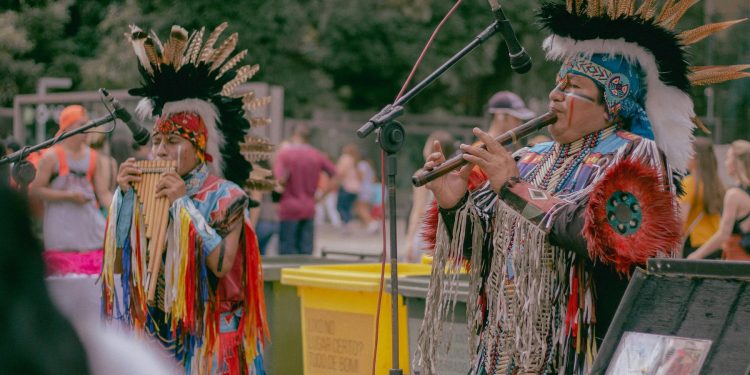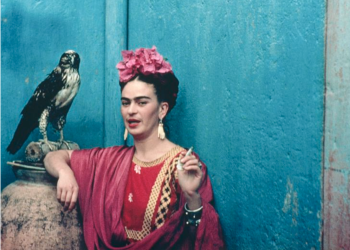TEXAS — Every year on June 2, Americans recognize American Indian Citizenship Day, a commemoration of the Indian Citizenship Act of 1924 — a historic law that granted U.S. citizenship to all American Indians born within the territorial limits of the United States.
Signed into law by President Calvin Coolidge, the Indian Citizenship Act was the culmination of decades of legal debates and advocacy. Although Native Americans were the first inhabitants of the land, they were not recognized as U.S. citizens until 1924 — long after immigrants and other groups had secured those rights.
A Long Road to Recognition
Before the Act, American Indians lived in a legal limbo — sovereign members of tribal nations, yet not considered full U.S. citizens. While the 14th Amendment (ratified in 1868) granted citizenship to all persons born in the U.S., many legal interpretations excluded most Native Americans.
In 1870, the Senate Judiciary Committee confirmed that the 14th Amendment “has no effect whatever upon the status of the Indian tribes.” At the time, only 8% of American Indians were considered “taxed” and eligible for citizenship — despite the Native population being larger than that of five U.S. states and ten territories.
The Dawes Act of 1887 was one early attempt to grant citizenship — but only to those who accepted individual land allotments, a strategy that often resulted in the loss of tribal lands and cultural autonomy.
It wasn’t until June 2, 1924, that all Native Americans were officially granted birthright citizenship — affecting 125,000 of the approximately 300,000 Native people living in the U.S. at the time. The Act included the provision that citizenship would not interfere with tribal property or sovereignty.
Sam Houston and the Native American Legacy in Texas
Few historical figures exemplify the complex relationship between Native Americans and early American politics more than Sam Houston, the founding father of Texas. Houston lived among the Cherokee Nation for several years, was adopted as a member of the tribe, and carried the tribal name “Colonneh.”
His relationship with Native Americans was not only personal — it was political. Native American communities supported Sam Houston’s rise in public office, including his election as Mayor of Nacogdoches and later as President of the Republic of Texas. Houston was a consistent advocate for Native rights and played a pivotal role in ensuring diplomatic relations between tribes and settlers during the early formation of Texas.
Native peoples also played significant roles in the establishment of Texas itself — not only through political alliances but through deep knowledge of the land, survival, and diplomacy, which were critical in shaping the identity of the state.
Citizenship Without Full Rights
Despite the 1924 milestone, citizenship did not guarantee the right to vote. As late as 1948, Arizona and New Mexico still had laws barring Native Americans from voting. Native Americans continued to face Jim Crow-era obstacles such as poll taxes, literacy tests, and intimidation — much like African Americans — until the Civil Rights Act of 1965 helped enforce voting protections.
Ongoing Contributions and Recognition
American Indian Citizenship Day is not just a look back — it is a celebration of enduring heritage, sovereignty, and contributions made by Native Americans across the country. Each tribe maintains its own language, culture, and traditions, enriching the national fabric.
Key milestones and efforts over the years include:
- The Dawes Act (1887): Citizenship tied to land grants
- Care for American Indian Mothers and Babies (1921): Public health initiative
- National Congress of American Indians Established (1944): Ongoing advocacy
- Indian Health Service Established (1955): Federally supported tribal healthcare
Today, Native Americans continue to fight for environmental protection, cultural preservation, and equal rights. American Indian Citizenship Day stands as both a celebration of progress and a reminder of the struggle endured to attain full recognition and justice.
🪶 DID YOU KNOW?
Despite being the first people of this land, Native Americans were denied the right to vote in many states until well into the 20th century.
🗳️ LEARN MORE
📚 Visit www.ncai.org — The National Congress of American Indians
📖 Explore U.S. history and Native rights at www.archives.gov






